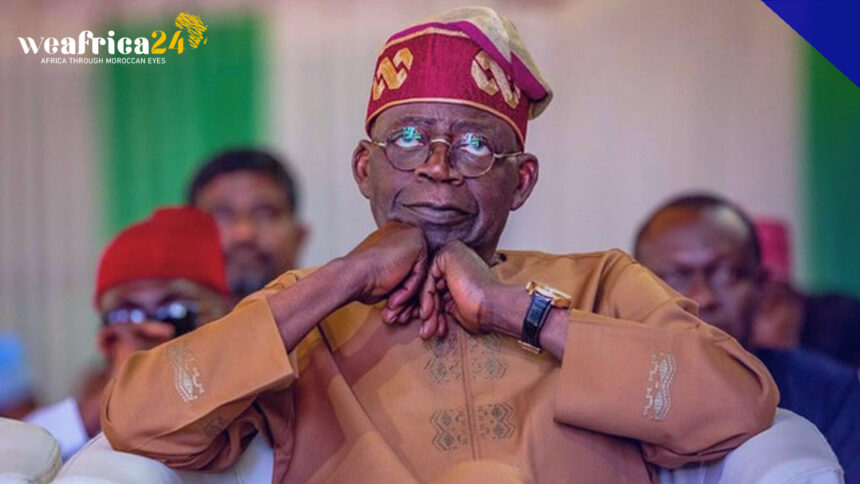The Vice President, the Senate President, the Chairman of the Nigerian Governors Forum, and President Bola Tinubu himself would make up the 31-member Presidential Economic Coordination Council, which he revealed on Wednesday.
Additionally, Tinubu established a 19-member Economic Management Team Emergency Taskforce, charged with meeting twice weekly and devising a comprehensive six-month plan of economic interventions for 2024.
The Federal Executive Council approved the Economic Management Team Emergency Taskforce on Monday.
The President directed that the plan, covering the next six months, should be immediately implemented within two weeks of the EET’s inauguration.
Comprising ministers, four governors, members of the economic management team, and representatives from the private sector, the EET is mandated to report to the Presidential Economic Coordination Council, chaired by Tinubu.
The PECC, in turn, includes 13 ministers, the Governor of the Central Bank of Nigeria, Yemi Cardoso, and the Chairman of the Nigeria Governors’ Forum, Governor Abdulrahman Abdulrazaq of Kwara State, among others.
Furthermore, the council incorporates 13 individuals from the organized private sector, including notable figures such as Aliko Dangote, Tony Elumelu, and Abdulsamad Rabiu, who will serve for a one-year tenure.
This development on Tuesday is described as “in furtherance of his administration’s efforts at re-engineering the nation’s economic governance framework,” according to a statement from the Presidency signed by Tinubu’s Special Adviser on Media and Publicity, Ajuri Ngelale.
The statement, titled ‘President Tinubu establishes comprehensive economic coordination and planning system for Nigeria,’ follows the creation of an economic advisory committee comprising representatives from the federal government, sub-national entities, and the private sector on February 25.
Since assuming office ten months ago, the Tinubu administration has undertaken significant economic measures, including the discontinuation of petrol subsidies and the unification of foreign exchange rates to address currency arbitrage. However, these actions have led to currency instability and increased hardship for Nigerians as food prices soared.







